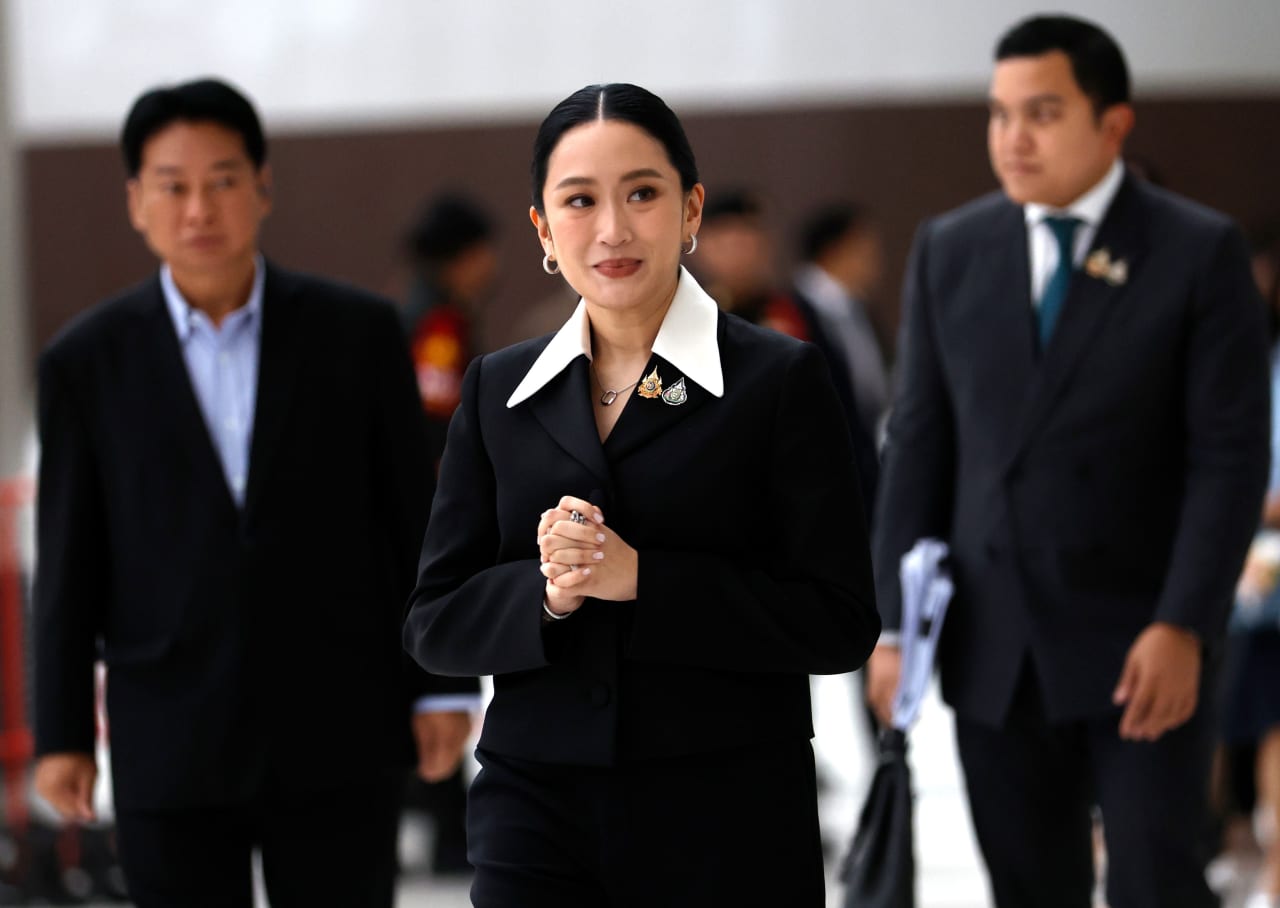The Constitutional Court of Thailand has removed Prime Minister Srettha Thavisin from office following a controversy surrounding a leaked phone call. The court’s ruling, delivered on October 10, 2023, has intensified the uncertainties already plaguing Thailand’s political landscape, with significant implications for governance and stability.
This decision stems from allegations that Thavisin’s actions during the phone call, which reportedly involved discussions about political maneuvering, violated constitutional provisions. The court’s ruling has sparked outrage among his supporters and raised questions about the integrity of the political process in Thailand. The Prime Minister had been in office for just over two months, having taken office in August 2023 following a contentious general election.
The ruling has led to immediate calls for a new leadership election from opposition parties. Prayuth Chan-o-cha, the former Prime Minister who was ousted in 2022, has voiced his support for a swift electoral process. He stated, “The people deserve to have their voices heard through a transparent and fair election.” The National Election Commission is now under pressure to expedite the election timeline, which could see political parties scrambling to position themselves ahead of a potentially turbulent campaign.
Political analysts suggest that the court’s decision may further polarize an already divided electorate. Thailand’s political history has been marked by instability and frequent changes in leadership, often accompanied by public protests and civil unrest. The Thai Raksa Chart party, which backed Thavisin, has called for nationwide demonstrations in response to the ruling, asserting that the court’s actions undermine democratic principles.
In light of this ruling, the future of Thailand’s governance hangs in the balance. The court’s decision not only impacts the current administration but also sets a precedent for how political controversies will be handled in the future. As the country prepares for a potential election, both the government and opposition parties are gearing up for the challenges that lie ahead.
International observers are closely monitoring the situation, with concerns about how this political upheaval might affect Thailand’s stability in the region. The outcome of the upcoming elections will likely shape not only the country’s internal dynamics but also its foreign relations, particularly with neighboring Southeast Asian nations.
As Thailand navigates this political turmoil, questions remain about the rule of law and the integrity of its democratic institutions. The coming weeks and months will be critical in determining the path forward for a country that has experienced significant political upheaval in recent years.
